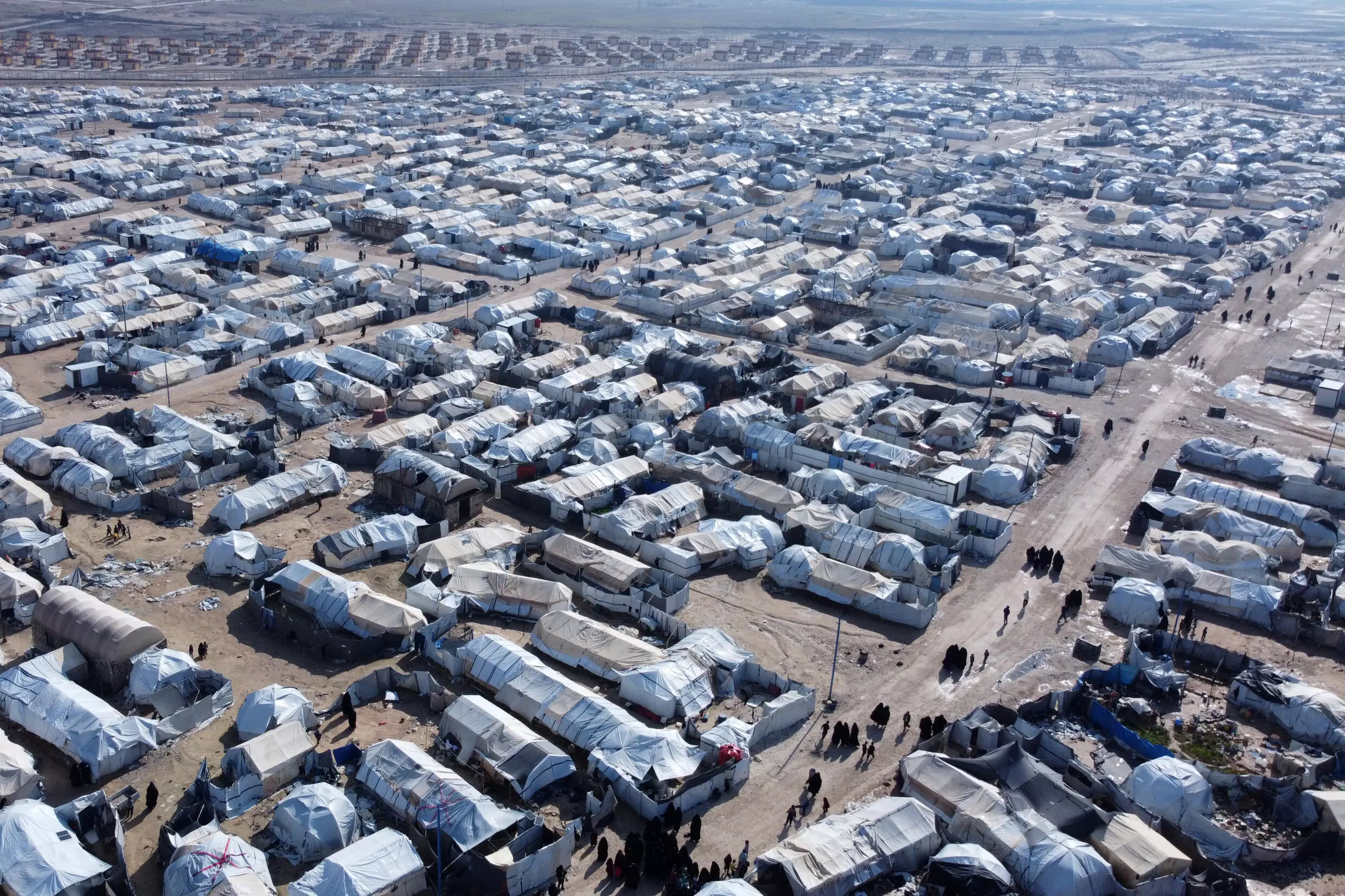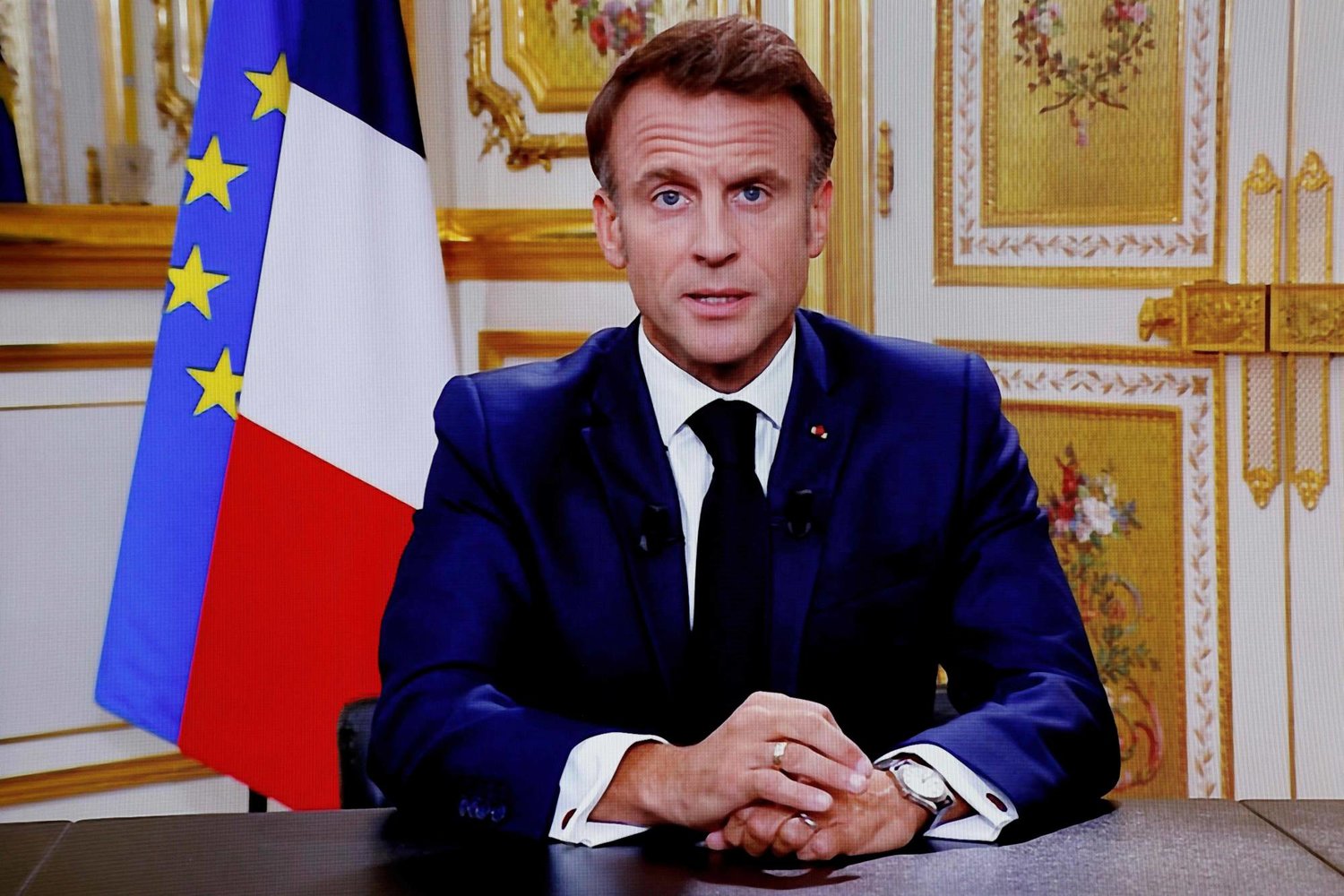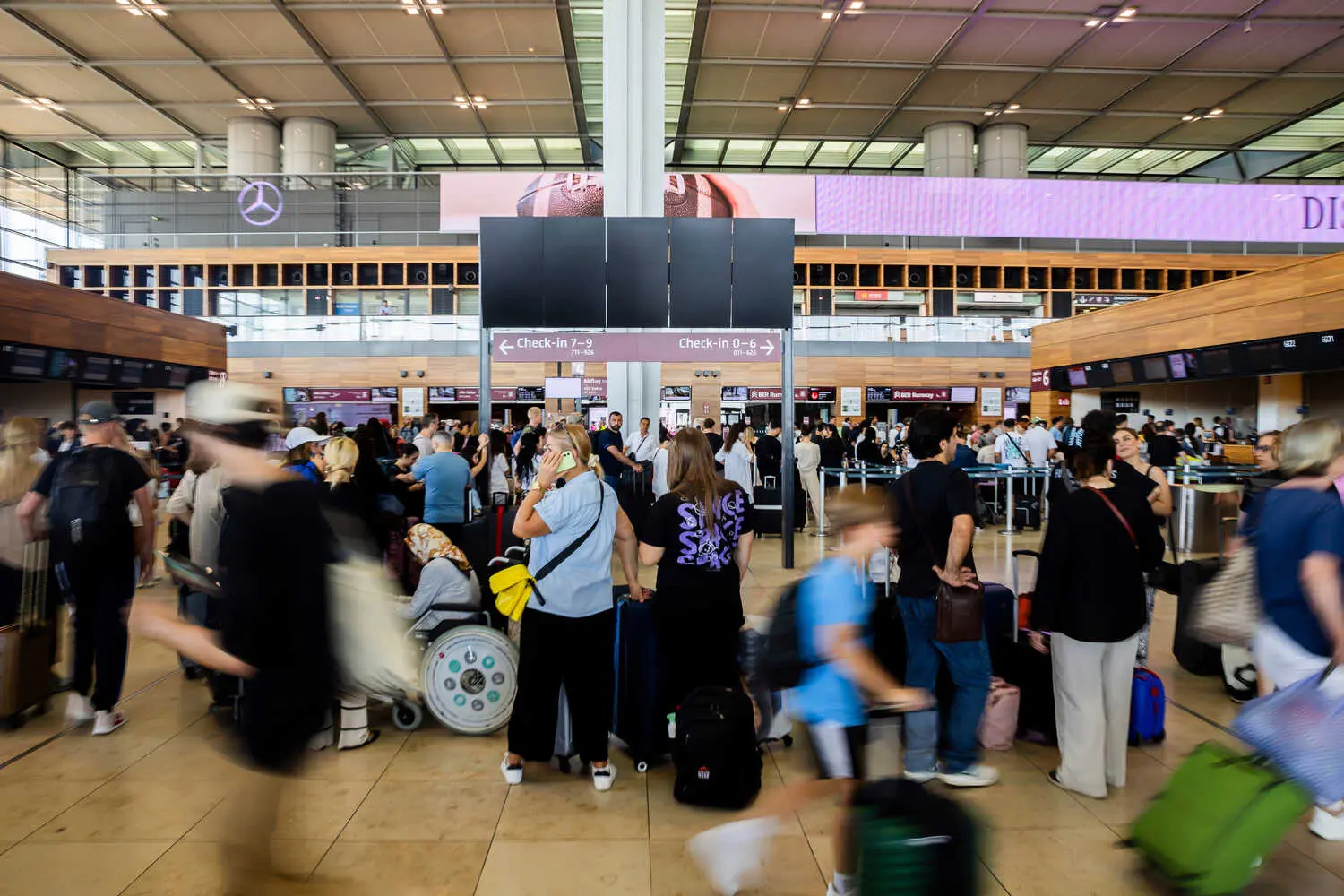European Centre for Counterterrorism and Intelligence Studies, Germany & Netherlands – ECCI
Syria’s Al-Hol camp: child inmates and false identities
Paris (AFP) – The al-Hol camp is the largest of two in northeastern Syria holding the families of Islamic State fighters.Run by US-backed Kurdish-led Syrian Democratic Forces (SDF), its population spiked at more than 70,000 as the coalition began tightening its grip on the last IS holdout in Baghouz late in 2018.
Iraqis have always been “the dominant nationality” in the camp, with their numbers at one time reaching 30,000, according to Doctors Without Borders.At its height, 11,000 “foreign” women and children — that is non-Syrian or Iraqi — were held there.
After the defeat of the “caliphate” in March 2019, countries across the world slowly began repatriating their nationals. Many Europeans were transferred to Roj, a smaller and better-kept camp close to the Turkish border that today holds 2,500 people, more than 2,140 of them foreign.
The sprawling 320-hectare al-Hol holds more than 43,000 people from 47 countries including France, Sweden, the Netherlands, Russia, Turkey and Tunisia — 21,500 of them children, according to the latest figures.Iraqis are the biggest group (20,144), followed by Syrians (16,710). Two thirds of the 6,612 “foreigners” are children under 17, according to the camp administration.
13-year-old brides
Kurdish security forces and the SDF guard the camp, with a Kurdish civil administration overseeing the camp. Dozens of United Nations agencies and international and local NGOs provide health, water, sanitation, education and protection services.
But the camp’s overall management is handled by the US group Blumont paid for by the US State Department, with France also funding some humanitarian assistance and improvements to the infrastructure.The camp is divided into two parts. Syrians and Iraqis live in the main camp, with “foreigners” held in the high-security “annex” that is cut off from the main camp.
Camp officials say many of the foreigners have not revealed their nationalities or given false ones.Many marriages in the main camp — where some 3,000 men live — are to minors, including girls as young as 13, according to humanitarian workers.Since the Kurdish-led administration does not recognise child marriage, they are not registered, nor are their children.
Many men take second wives. These marriages are also not recognised. As a result, the camp “bursts with unregistered children”, a humanitarian worker said.
European Centre for Counterterrorism and Intelligence Studies, Germany & Netherlands – ECCI




